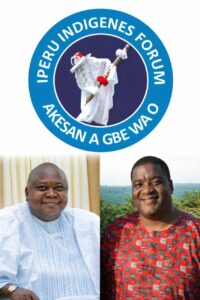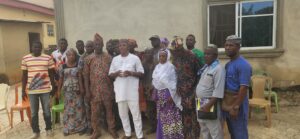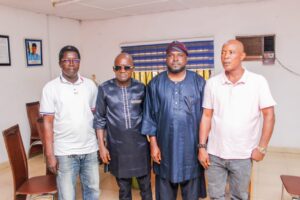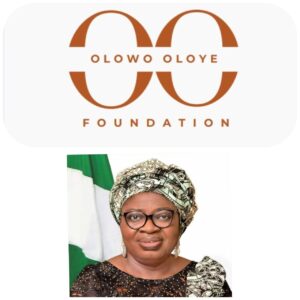FEATURE: Preserving Indigenous Languages in Nigeria: The Fight Against Extinction
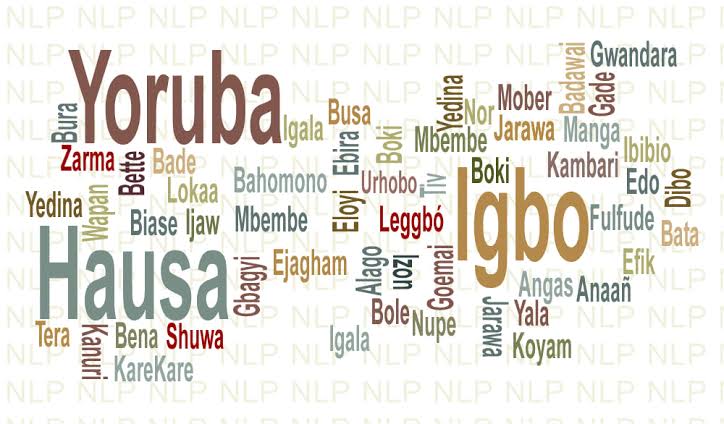
FEATURE: Preserving Indigenous Languages in Nigeria: The Fight Against Extinction
Naomi Ojeh
A majority of the indigenous languages in Nigeria can be described with one word – “endangered”.
Language is one of the most significant indicators of cultural richness in an age where diversity is celebrated. Communities express their identity, preserve traditions, and establish a sense of belonging through language. Yet, indigenous languages in Nigeria, a country renowned for its cultural diversity, are dangerously close to extinction. The necessity to protect these precious linguistic treasures is discussed in this feature piece.
Nigeria has more than 300 ethnic groups, and there are over 500 different languages spoken here. However, the colonial baggage of English supremacy has long overshadowed indigenous languages. Many local languages are on the verge of annihilation as a result of this cultural imbalance.
Although the decline of native languages is not a recent issue, its acceleration in the past few decades is alarming. The use and transmission of these languages have decreased as a result of urbanization, globalization, and the homogenizing impact of the media. The preference of newer generations to converse in English or other major languages is growing, further separating them from their ethnic origins.
Indigenous languages serve as archives for cultural information, preserving the traditional knowledge, history, and traditions of the communities in which they are spoken. Language loss results in the loss of an ideology, a certain way of life, and a portion of the world’s collective history, making it a loss that cannot be measured.
Indigenous language preservation efforts are currently being made in Nigeria, and they should be commended and encouraged. Native language documentation, revitalization, and promotion have been the focus of countless organizations, academics, and leaders in the community. Steps in the right path include projects like language immersion programs, neighborhood language schools, and the digitization of linguistic materials.
The “Nigeria Language Revival Initiative” (NLRI), which Dr. Amina Okafor started a decade ago with the goal of documenting, preserving, and promoting indigenous languages throughout Nigeria, is an example of this. As part of its goal, the NLRI works with linguists, elders, and local communities to provide thorough dictionary entries, grammar manuals, and educational resources for endangered languages.
Another initiative making waves is the “Urban Language Resurgence Project” (ULRP), which aims to close the gap between urbanization and language preservation. To incorporate native languages into daily life, ULRP works with local artists, community organizations, and schools. Many people in Lagos are feeling prouder than ever because of the growing number of street signage, graffiti, and musical performances in their dialects.
However, it will take greater teamwork to keep our native tongues alive. People must first acknowledge the fundamental significance of language diversity and the vital role that different languages provide in upholding cultural identity. To ensure that the next generation of Nigerians are exposed to their native dialects from an early age, schools and other educational institutions must incorporate indigenous languages into their curricula. Media sources can also play a significant part by providing programs in native languages, which promotes a sense of pride and relevance in speaking them.
The role of the government is important in this attempt as well. Language revival facilities, funding for language preservation projects, and policies that support an array of languages can all have a big impact. Additionally, public awareness campaigns can sensitize Nigerians to the importance of preserving their indigenous languages.
Preserving indigenous languages is not just a matter of linguistic diversity; it’s a matter of cultural preservation, identity, and human heritage. Nigeria has a chance to set the pace in this endeavor due to its diverse language landscape. The battle against language extinction is one we must win if we are to preserve the core of who we are. We must act immediately to prevent further loss of our cultural and linguistic wealth.







